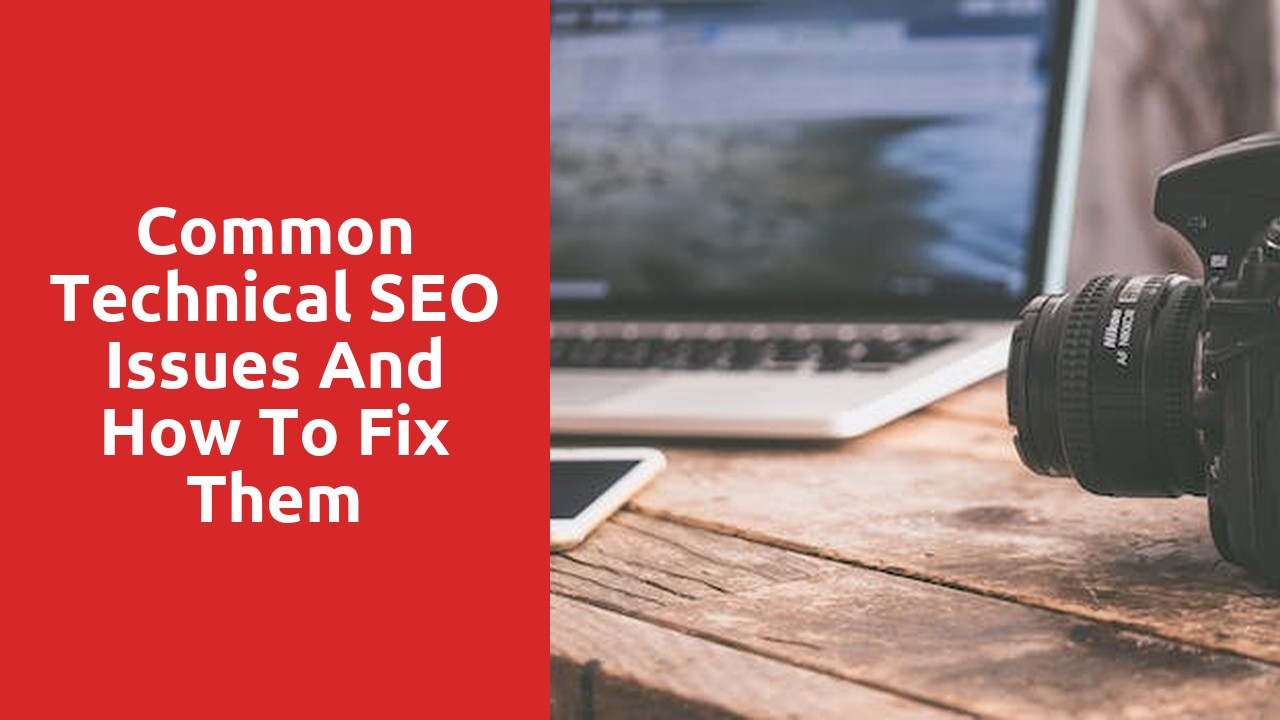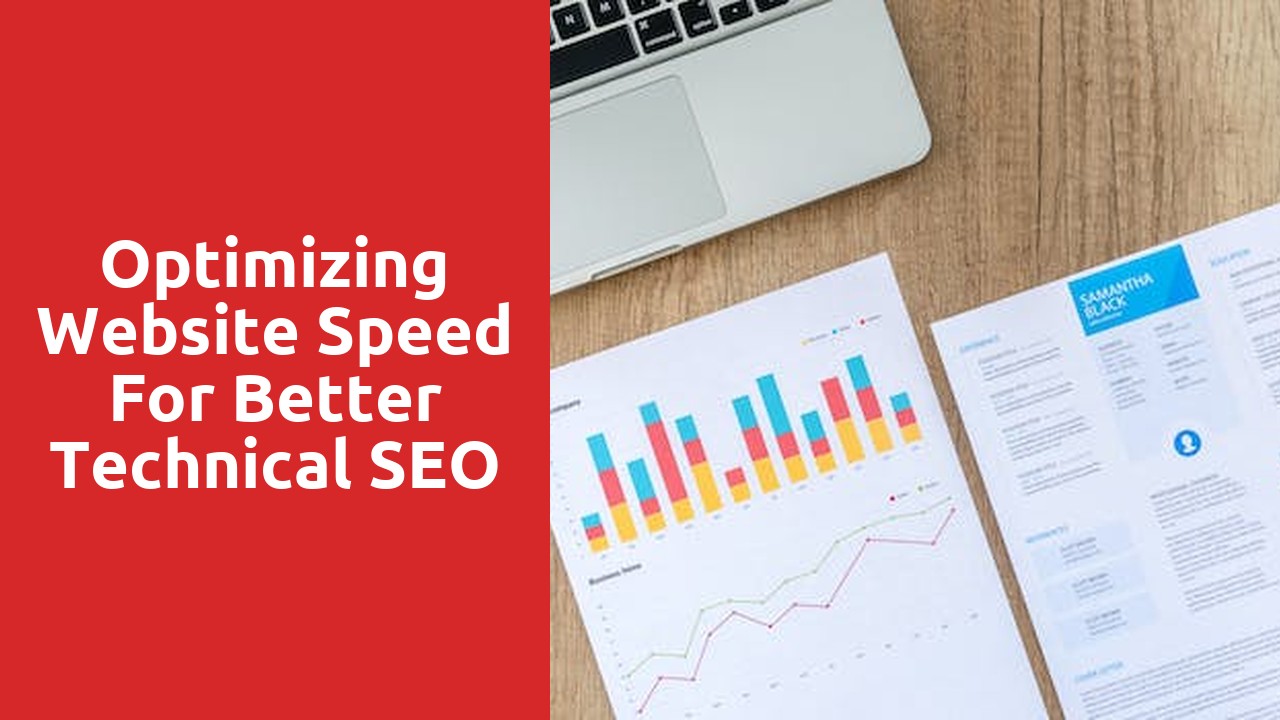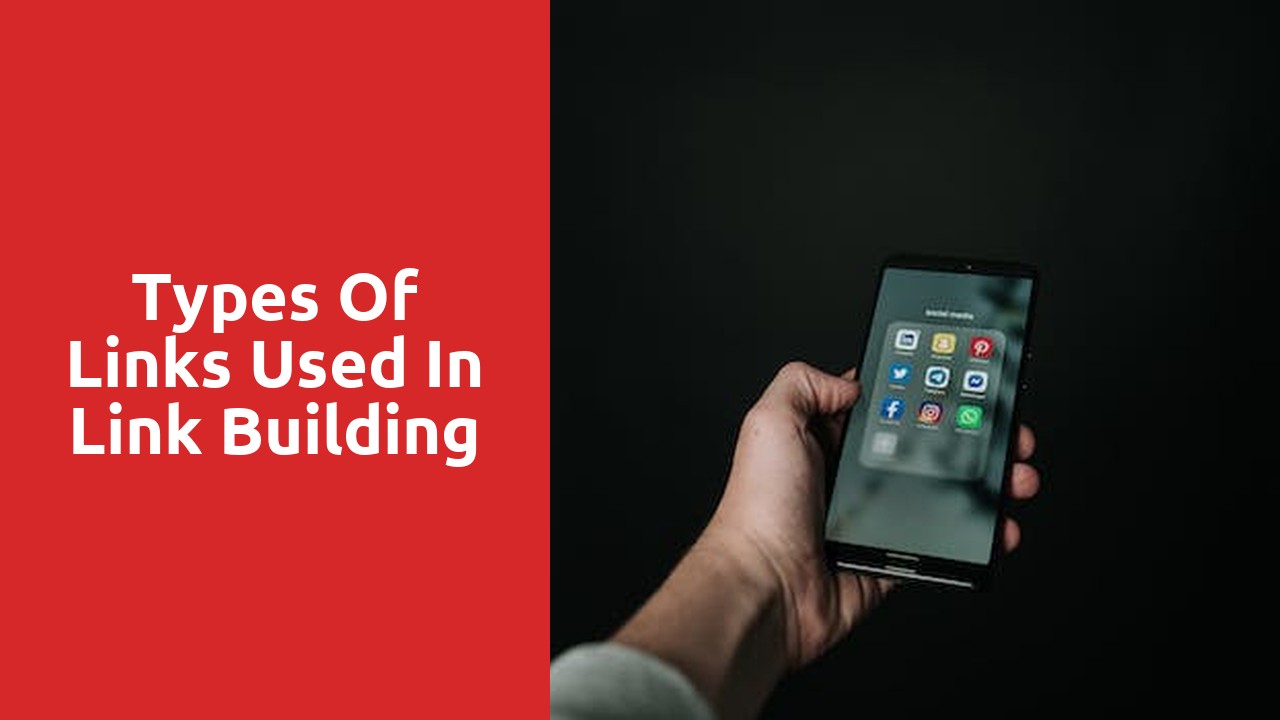Why Meta Tags Are Important for On-Page SEO
Meta tags are a crucial component of on-page SEO strategies. These short snippets of code provide information to search engine crawlers about the content and purpose of a web page. By including meta tags in the HTML of a website, webmasters can help search engines understand and index their content accurately, leading to improved visibility in search results.
One of the most important meta tags is the meta title tag. This tag specifies the title of a web page and is displayed as the clickable headline in search engine results pages. It is crucial to make the meta title tag concise, relevant, and enticing to encourage users to click through to the website. Additionally, the meta description tag provides a brief summary of the page’s contents, appearing directly below the meta title in search results. This tag offers an opportunity to optimize the description to showcase the unique selling points of the page and attract potential visitors. Overall, implementing well-crafted meta tags helps enhance the search engine visibility and click-through-rate of a website, ultimately contributing to its success in the competitive online landscape.
Understanding the Different Types of Meta Tags
Meta tags are an essential component of website optimization, helping search engines understand the content and purpose of a web page. The various types of meta tags play different roles in enhancing search engine visibility and user experience.
One of the most common types of meta tags is the title tag. This tag specifies the title of the web page, which is displayed in search engine results and browser tabs. It is crucial to optimize the title tag by including relevant keywords to improve ranking and attract user clicks. Another important type is the meta description tag. This tag provides a concise summary of the web page’s content and appears in search results below the title. By crafting an informative and compelling meta description, website owners can entice users to click on their link and visit their page.
Best Practices for Writing Meta Title Tags
Meta title tags are a crucial component of on-page optimization for search engines. They serve as the title displayed on search engine result pages (SERPs) and provide a concise summary of the webpage’s content. To ensure effective meta title tags, it is important to follow some best practices.
First and foremost, keep your meta title tags relevant and focused. Make sure they accurately reflect the content of the webpage and are aligned with the search intent of your target audience. Avoid vague or generic titles that fail to capture the essence of your page. Instead, opt for specific and keyword-rich titles that are compelling and enticing for users to click. Remember, your meta title tag is your first chance to make a good impression, so make it count.
Secondly, keep your meta title tags concise and within the recommended character limit. Search engines typically display around 50-60 characters for meta titles, so it is crucial to make every character count. Craft titles that are concise yet informative, highlighting the main topic or benefit of the webpage. Avoid stuffing your title with excessive keywords or unnecessary information, as it can confuse both search engines and users. Stick to the essentials and create impactful meta title tags that grab attention and drive organic traffic to your website.
Crafting Effective Meta Description Tags
Paragraph 1:
Meta description tags play a vital role in attracting organic traffic to your website. These concise snippets of text provide a concise summary of your webpage’s content and are displayed in search engine results. Crafting effective meta description tags requires careful consideration and strategic thinking. It is crucial to convey the relevance and value of your webpage to potential visitors within the limited character count provided. A well-written meta description tag can entice users to click on your link, increasing your website’s visibility and driving more traffic to your site. To achieve this, it is essential to choose accurate and captivating language that captures the essence of your content while appealing to your target audience’s interests and needs.
Paragraph 2:
When crafting meta description tags, it is important to utilize language that engages and compels users to take action. By incorporating compelling keywords and phrases into your meta descriptions, you can effectively communicate the benefits and unique selling points of your webpage. Using specific, precise language and avoiding vague or overly generic terms will improve the clarity and relevance of your description, increasing the likelihood of attracting the right audience. Additionally, creating a sense of urgency or exclusivity in your meta description can further pique users’ curiosity and encourage them to click on your link. By adhering to these guidelines and carefully choosing your language, you can optimize your meta description tags for maximum impact and drive more traffic to your website.
The Impact of Meta Keywords on SEO
The use of meta keywords has long been a fundamental part of search engine optimization (SEO). In the early days of the internet, webmasters relied heavily on meta keywords to signal the content of their web pages to search engines. However, as search algorithms have become more sophisticated, the impact of meta keywords on SEO has diminished significantly.
One of the main reasons for this shift is the advent of keyword stuffing. In an attempt to manipulate search rankings, webmasters would often cram a multitude of unrelated keywords into their meta tags. This led search engines to devalue the importance of meta keywords, as the practice became synonymous with spammy and low-quality content. Instead, search engines now prioritize other factors, such as page relevance, user experience, and high-quality backlinks, when determining search rankings.
Additionally, the rise of semantic search has also played a role in diminishing the impact of meta keywords. Search engines now employ contextual understanding to analyze the overall meaning and intent behind search queries, rather than relying solely on exact keyword matches. This means that search engines are better able to understand the context and relevance of a web page based on its content and context rather than relying solely on meta keywords.
While the use of meta keywords may still have some minimal impact on SEO, it is clear that their significance has greatly diminished. To achieve higher search rankings and organic traffic, website owners and SEO professionals should focus on creating high-quality content, optimizing on-page elements, and building authoritative backlinks instead.
How to Optimize Meta Tags for Mobile SEO
Meta tags play a crucial role in optimizing websites for mobile SEO. These small snippets of information provide a brief description to search engines about the content of a webpage. By effectively optimizing meta tags for mobile devices, website owners can improve their visibility in mobile search results and attract more organic traffic.
To optimize meta tags for mobile SEO, it’s important to start with the title tag. This is the main headline that appears in search engine results, and it should accurately reflect the content of the page. Including relevant keywords in the title tag can help search engines understand the page’s content and increase the chances of it appearing in relevant mobile searches. Additionally, it’s essential to keep the title tag concise and to the point, as mobile users prefer shorter and more concise titles. By crafting compelling and keyword-rich title tags, website owners can enhance their mobile SEO strategy and increase their chances of reaching their target audience.














